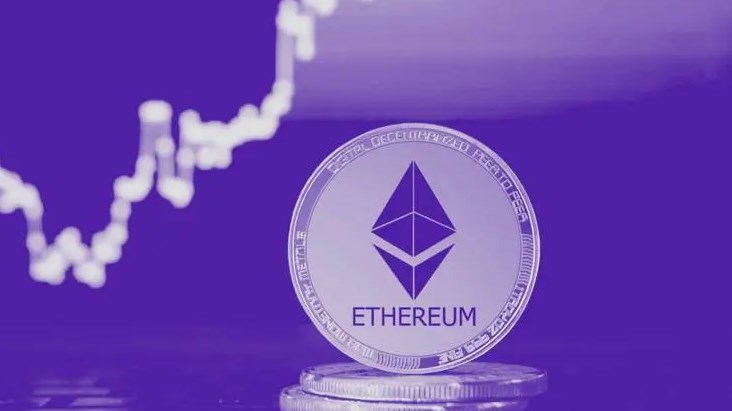Ethereum is not a trading platform, but a distributed blockchain that allows developers to build decentralized applications (dApp). Although dApps can be used for transactions, Ethereum itself is not responsible for matching buyers and sellers, but provides a decentralized environment for interacting with dApps without the need for intermediaries.

Ethereum is not a trading platform
Ethereum is a distributed blockchain platform that allows developers to build and deploy Decentralized Applications (dApps). While Ethereum can facilitate transactions, it is not a trading platform in itself.
Differences from Trading Platforms
Trading platforms, such as Coinbase or Binance, bring buyers and sellers together to trade cryptocurrencies or other assets. These platforms typically offer centralized services, meaning they control transactions and hold users’ assets.
In contrast, Ethereum is a decentralized platform where users can interact directly with dApps without the need for intermediaries. dApps can include a variety of features, including trading, lending, and gaming.
Transactions on Ethereum
Users can conduct transactions on Ethereum using programs called "smart contracts." These contracts are codes that automatically execute transactions. For example, users can use smart contracts to send ether (ETH) between two wallets.
Unlike centralized trading platforms, transactions on Ethereum are public and irreversible. In addition, users need to pay a fee called a "gas fee" to process transactions. Gas charges are based on network congestion.
Conclusion
Therefore, Ethereum is not a trading platform. It is a distributed blockchain platform that allows developers to build decentralized applications. While Ethereum can facilitate transactions, it is not inherently a platform for trading cryptocurrencies or other assets.
The above is the detailed content of Is Ethereum a trading platform?. For more information, please follow other related articles on the PHP Chinese website!




